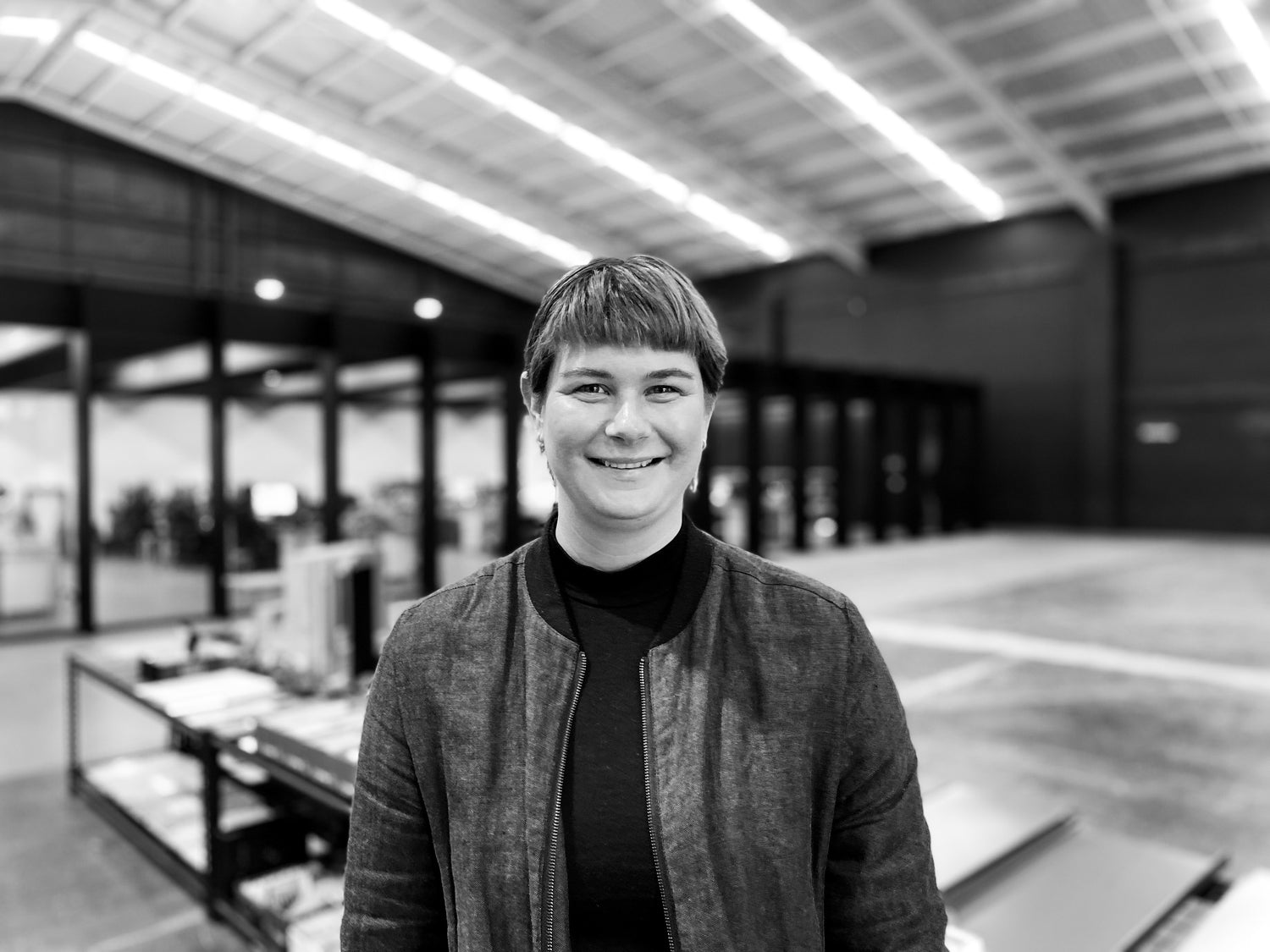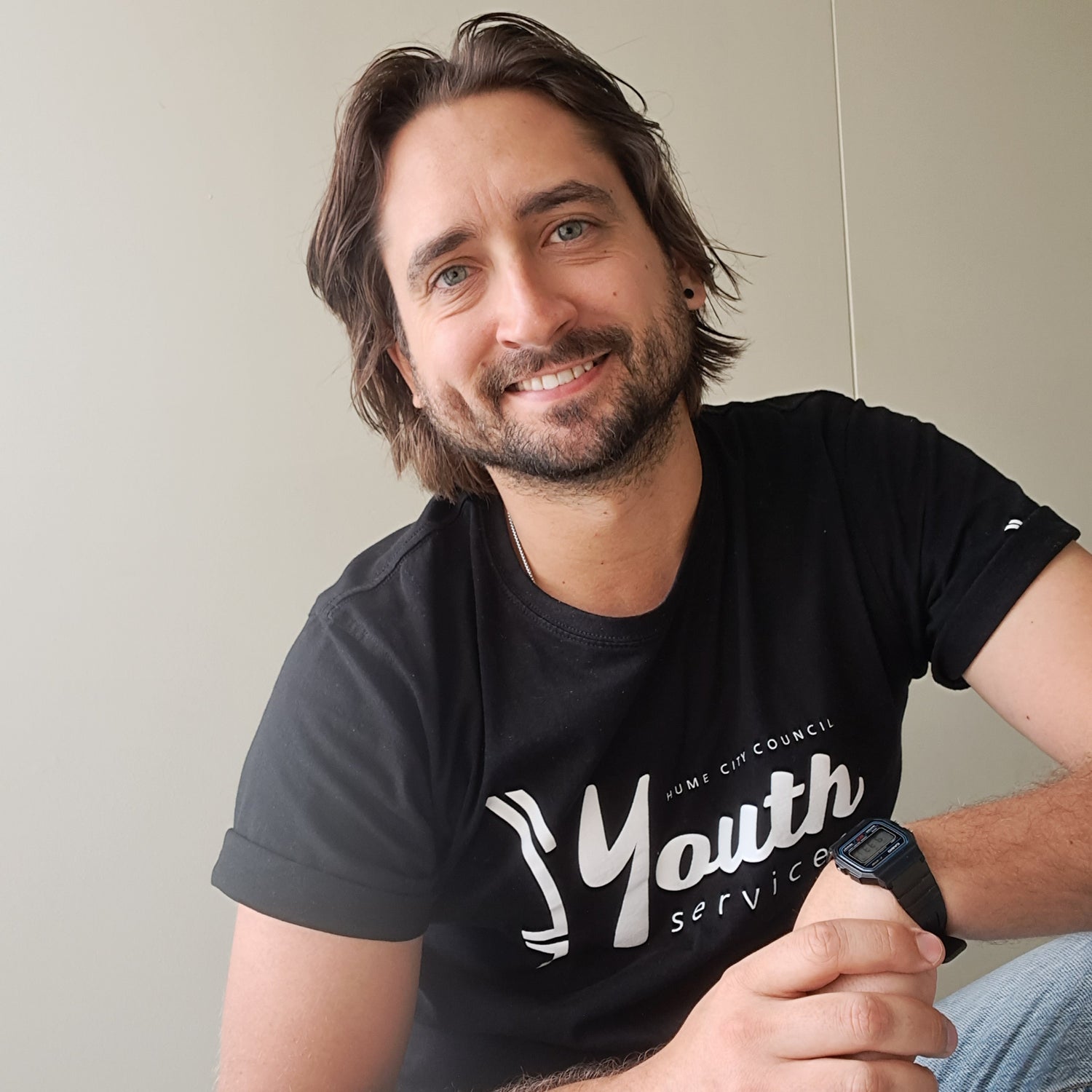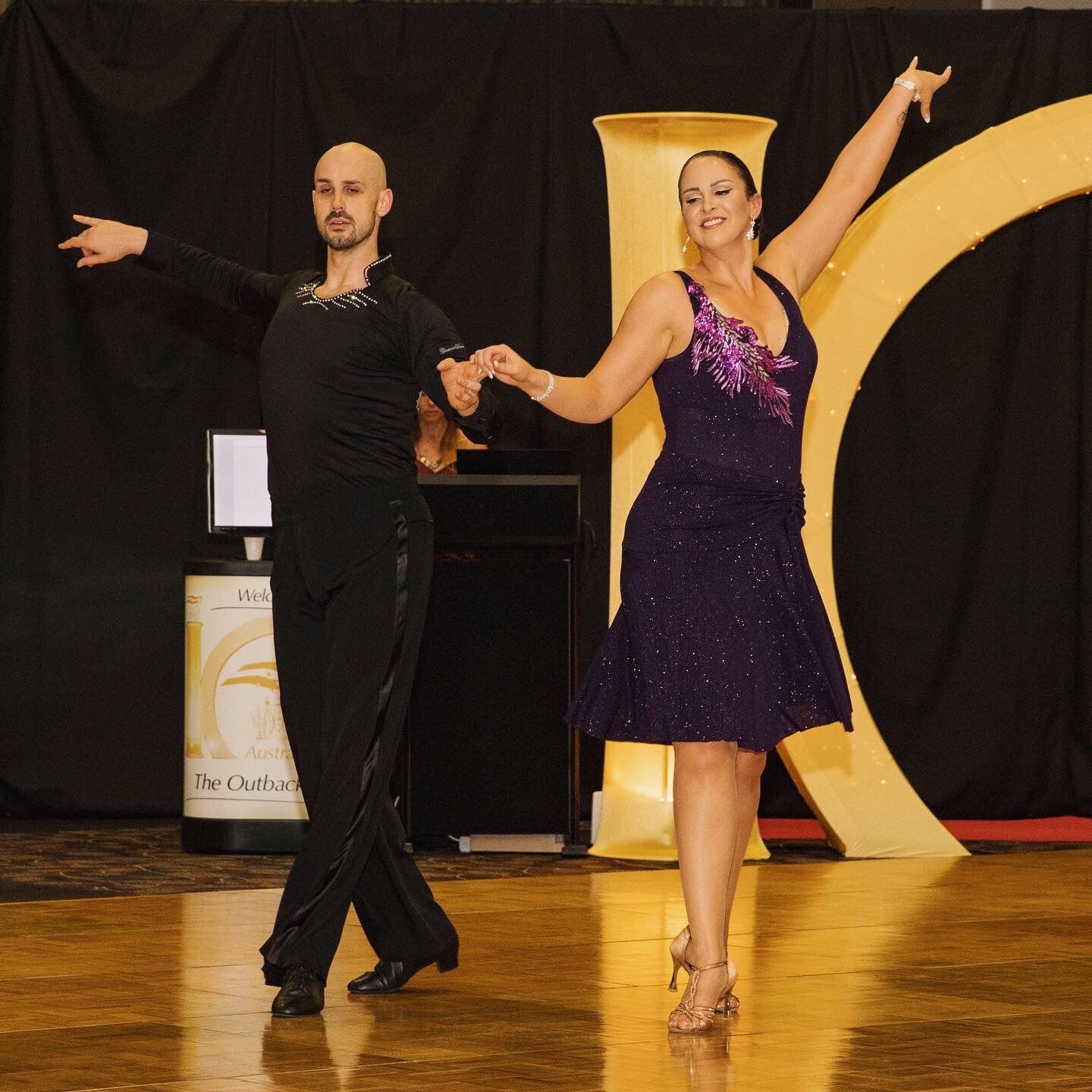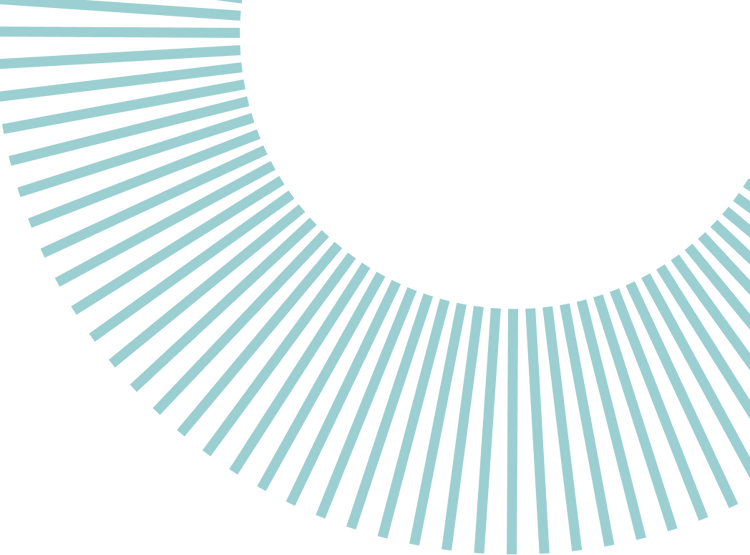Check out our valuable collection of tips and insights. If you want the latest career advice, study tips and news, you’ll find it all right here.
Read blogs by topics
All blogs

Expert Tips to Succeed in Work Placement
March 20, 2024

How to become a youth worker in Australia
February 21, 2024

Understanding Superseded Courses: What It Means for Your Education
October 03, 2023

Terminology
September 01, 2023

Top qualities of a successful Healthcare Aide
August 19, 2023

Workers in Need: A Look at the Aging Care Crisis
March 23rd, 2023

Five Quick Tips for Requesting a Reference Letter
March 16th, 2023

The Five Best Careers Working with Children
February 22nd, 2023

5 Soft Skills you need to accelerate your career
February 19th, 2023

A Day in the Life of a Marketing Manager
February 01st, 2023

5 tips on how to balance studying while working full-time
January 24th, 2023

How to Start a Successful Beauty Business
January 11th, 2023

Leadership vs management: why a manager is not necessarily a leader
January 04th, 2023

The Top Five Careers with the Happiest Workers
December 11th, 2022

The Five Best Careers for People with Anxiety
November 29th, 2022

Five Careers with six figure salaries that don’t require a degree
November 06th, 2022

Tips for successfully managing remote teams online
October 26th, 2022

10 Tips to Combat the Cost of Living
October 11th, 2022

What transferable skills do you need to develop as a leader?
October 10th, 2022

10 Best Leadership Podcasts to get you Inspired
September 19th, 2022

A Day in the Life of a Youth Worker
September 15, 2022

Open Colleges Opens Up this R U Okay Day
September 06th, 2022

Top 10 Jobs in High Demand Over the Next 5 Years
August 30th, 2022

How to develop a growth mindset in your team
August 21,st 2022

A Day in the Life of a Vet Nurse!
August 17th, 2022

Our Best Ever Study Playlist
August 03rd, 2022

A Day in the Life of a Dog Groomer!
August 01st, 2022

Kick-start a career in Physical Therapy!
July 26th, 2022

What are the Five Levels of Leadership?
July 21,st 2022

Improve your leadership skills with our new courses!
June 20th, 2022

Skill Sets: What are they? And what can they do for you?
June 08th, 2022

What can a Diploma of Business do for you?
May 30th, 2022

The best 5 apps for studying
April 10th, 2022

5 tips for a healthy work-life balance
April 04th, 2022

How to develop an exciting career in Photography
March 20th, 2022

Confidence Training – Seven quick ways to appear confident at work
February 15th, 2022

Confidence Training – Seven quick ways to appear confident at work
February 15th, 2022

The Interior Design Boom – All you need to know about Interior Design online
February 04th, 2022

All you need to know to grow a thriving career as a Horticulturalist
January 27th, 2022

Simple Productivity Tips from Highly Successful People
January 24th, 2022

Want to work with Animals? All you need to know about getting into the industry
January 10th, 2022

What is person centred care and why is it important?
December 22nd, 2021

What are the different sectors in the Construction Industry in Australia?
December 17th, 2021

How to fast track your way up in a business management career?
November 26th, 2021

Get started on Social Media Marketing
November 24th, 2021

How Counselling skills can boost your employability and help you excel
November 23rd, 2021

The 5 best careers working with children
November 05th, 2021

Ideas for side hustle jobs to make some extra income
October 22nd, 2021
Displaying page 1 of 9

